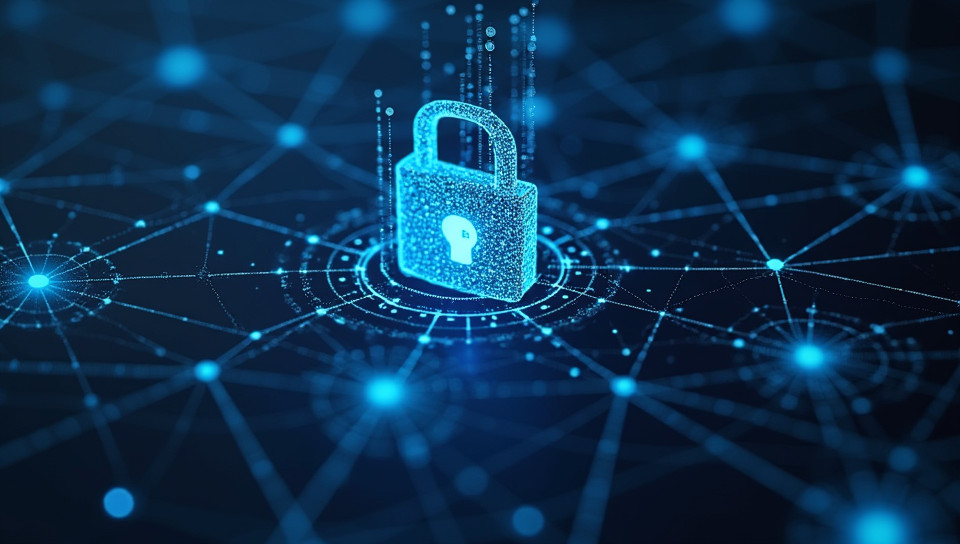DeFi platforms are less secure than traditional banking 68%

The Dark Side of DeFi: Why Traditional Banking Still Reigns Supreme
Imagine depositing your hard-earned money into a digital wallet, only to have it hacked and stolen by malicious actors. Sounds like the stuff of nightmares, right? Unfortunately, this is a reality for many users of decentralized finance (DeFi) platforms. While DeFi has gained popularity in recent years due to its promise of increased accessibility and returns, it's essential to acknowledge the security risks associated with these platforms.
The Risks of DeFi
Decentralized finance relies on smart contracts, which are self-executing lines of code that facilitate transactions without the need for intermediaries like banks. However, this lack of intermediation also means a lack of oversight and regulation, making it easier for malicious actors to exploit vulnerabilities in these systems.
- Insufficient audit trails: DeFi platforms often lack robust auditing mechanisms, making it challenging to track transactions and identify potential security threats.
- Smart contract vulnerabilities: Bugs and exploits in smart contracts can result in significant losses for users.
- Lack of regulatory oversight: Without clear regulations, DeFi platforms may not adhere to standard security protocols.
The Security Record of DeFi Platforms
Despite the hype surrounding DeFi, its track record on security is concerning. Several high-profile hacks have already occurred, with millions of dollars stolen from unsuspecting users. These incidents highlight the need for a more robust approach to security in the DeFi space.
Why Traditional Banking Remains the Safer Choice
While DeFi platforms offer innovative solutions and potential returns, traditional banking still offers a level of security and stability that DeFi cannot match. Banks have spent years building robust security protocols, including encryption, firewalls, and secure authentication systems. They also adhere to strict regulatory guidelines, ensuring that users' assets are protected.
Conclusion
The rise of DeFi has brought about significant changes in the way we think about finance. However, it's essential to acknowledge the security risks associated with these platforms. While innovation is crucial for growth, it must not come at the cost of user safety and protection. As the DeFi space continues to evolve, it's crucial that developers prioritize security and regulatory compliance to ensure that users' assets are protected. Until then, traditional banking remains the safer choice for those looking to manage their finances securely.
- Created by: Sōma Nishimura
- Created at: Dec. 11, 2024, 12:31 p.m.
- ID: 16596






